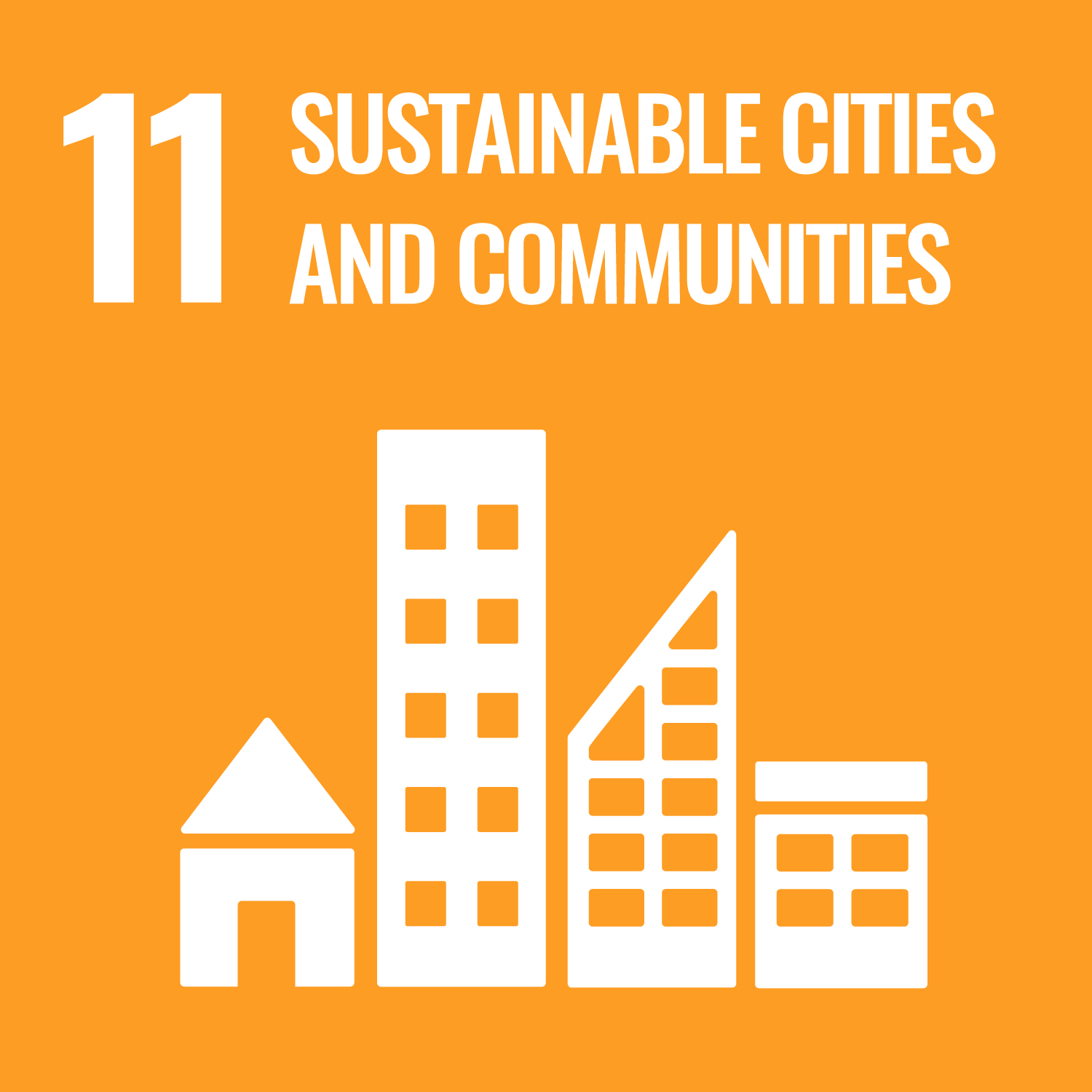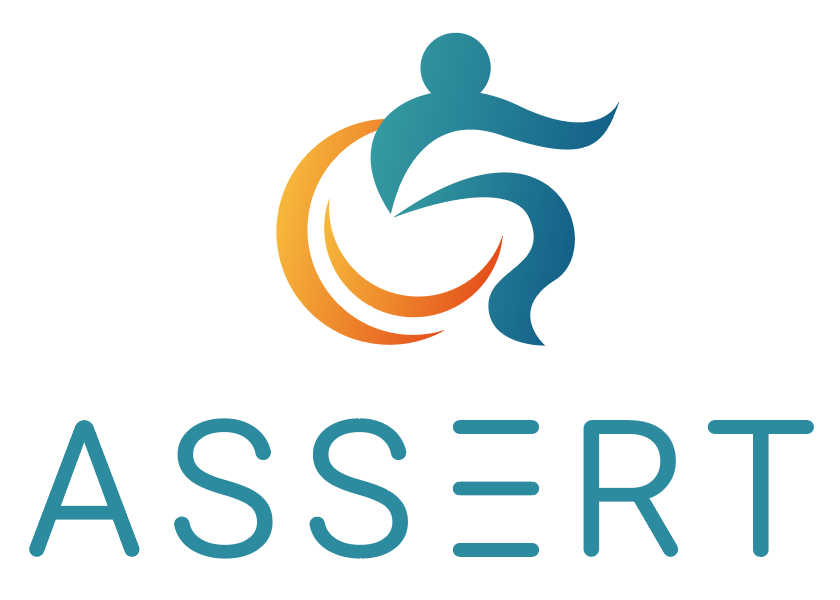A biannual congress that began in 2016 in Sabadell with the aim of offering solutions to specific problems in energy poverty.
The 1st Catalan Congress on Energy Poverty was held on 3 and 4 November 2016 in Sabadell. The event was co-organised by the city councils of Sabadell, Barcelona and Badalona, the Barcelona Provincial Council, the Barcelona Metropolitan Area, the Ecoserveis association and the table of third sector entities. Academic, social and local experts, as well as representatives of energy supply companies, discussed for two days the fight against energy vulnerability and put on the table viable solutions and necessary reflections to address the problem from its multi-causality.
The 2nd Catalan Congress of Energy Poverty was held on 8 and 9 November 2018 at Cotxeres de Sants (Barcelona), organised by the city councils of Barcelona, Badalona and Sabadell, the Diputació de Barcelona, the AMB, the Federation of Municipalities of Catalonia, the Catalan Association of Municipalities, the Table of the Third Social Sector, the Ecoserveis Association and the Alliance Against Energy Poverty. This edition of the congress focused on the causes that aggravate the energy vulnerability and the current situation of energy rights at the local and European level.
As a novelty, during the 2nd Congress an Energy Advisory Point was included, open to the public, and specific information on energy rights.
The activities developed with a budget between 5000 and 10 000€ include:
PHASE 1: Planning
- Analyse the sotuation of energy poverty in Catalonia
- Write knowledge and challenges: create abstract
- Talk with stakeholders to explain the idea
- Decide dates, speakers... and make the necessary contacts
PHASE2: implementation
- Running of the conference (workshops, pannels...)
- Write a summary of the most important information gathered in the round tables and debates
PHASE 3: Communication and capitalization
- Write down publication
- Share the publication
Some concrete key performance indicators (KPIs) of the project include:
- Number of people reached: 800.
- Number of speakers: Over 100 Professionals.
Main beneficiaries: energy advisors, energy-poor, frontline workers, gender-oriented, low income, national/local authorities, policy makers, practitioners and students. It addressed the topics of hard to treat homes, health, behaviour, household appliances, climate change, human rights, communities, coping strategies, indoor comfort (thermal comfort, housing quality), information and awareness, regulation, energy access and consumption, energy efficiency, energy prices, social support, equity and justice (gender equality, socio-economic gaps), transport, vulnerable consumers (disabled, students, tenants, public housing inhabitants) and gender.
-

-
 Countries impacted:
Countries impacted:
Spain -
 Geographical scale:
Geographical scale:
Regional and Local -
 Energy poverty phase:
Energy poverty phase:
ImplementationPlanning -
 Intervention type:
Intervention type:
Transparency and information sharingStakeholders' EngagementConsumer Advice, protection and empowermentCapacity building and training -
 Professionals involved:
Professionals involved:
Member of a local/national authorityResearcherEngineer -
 Partners involved:
Partners involved:
-
 Type of funding:
Type of funding:
Private and local funds -
SDGs addressed:






